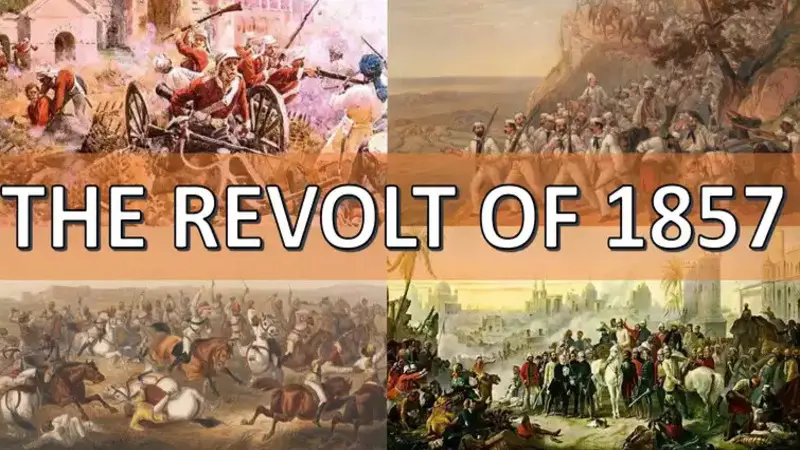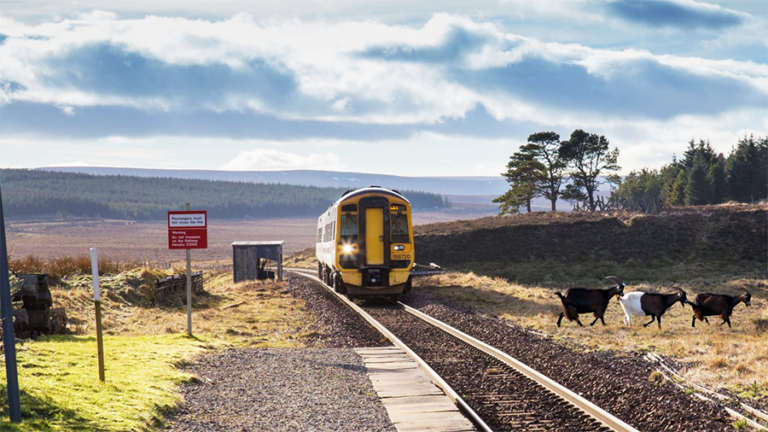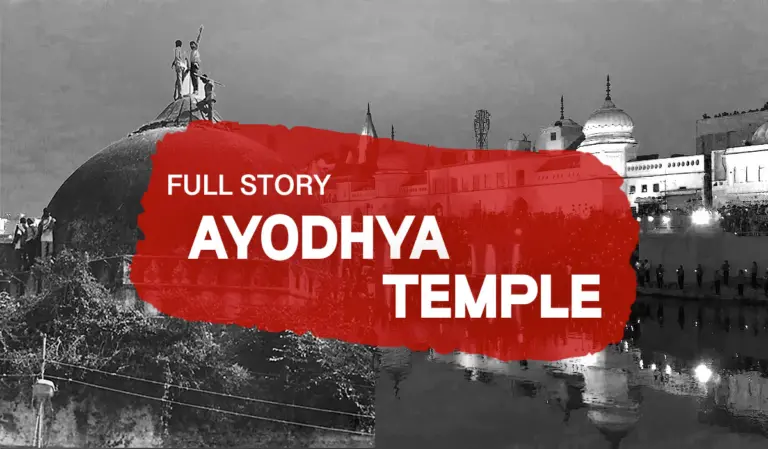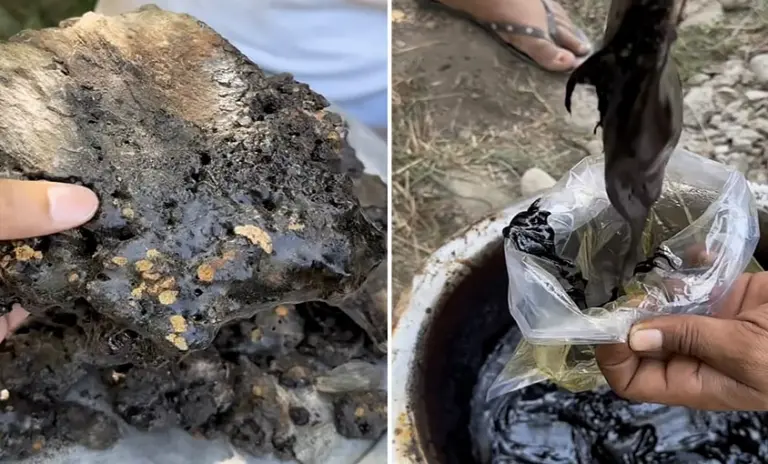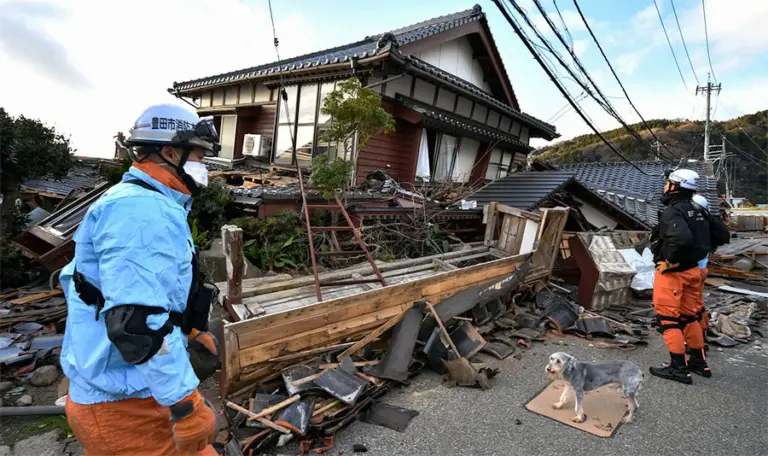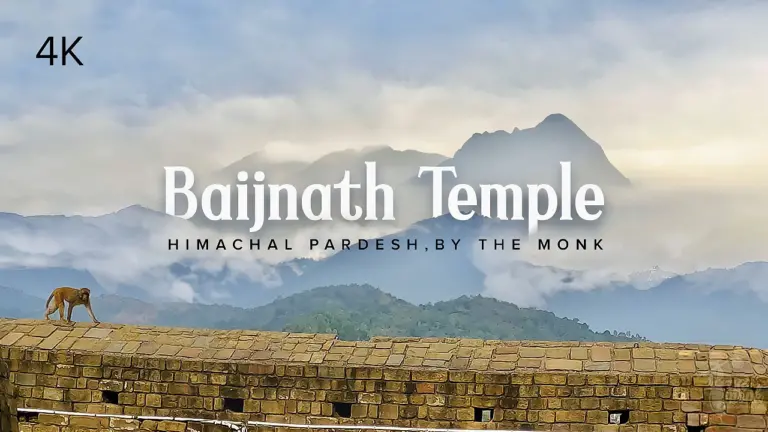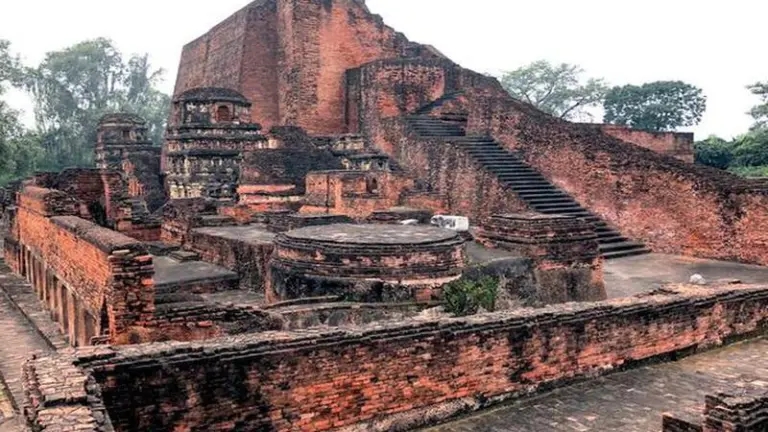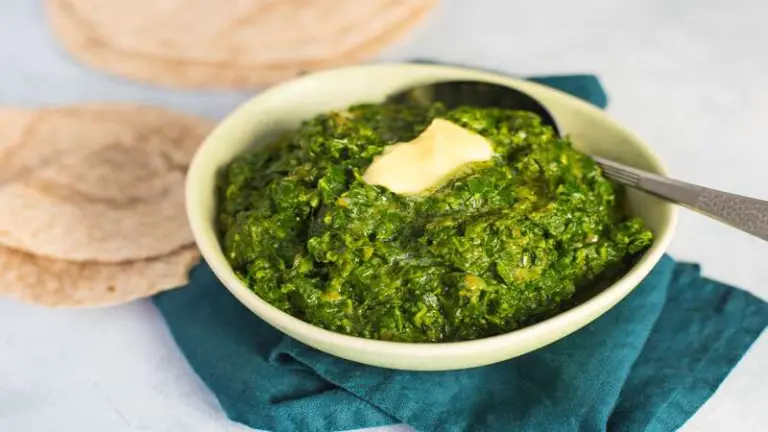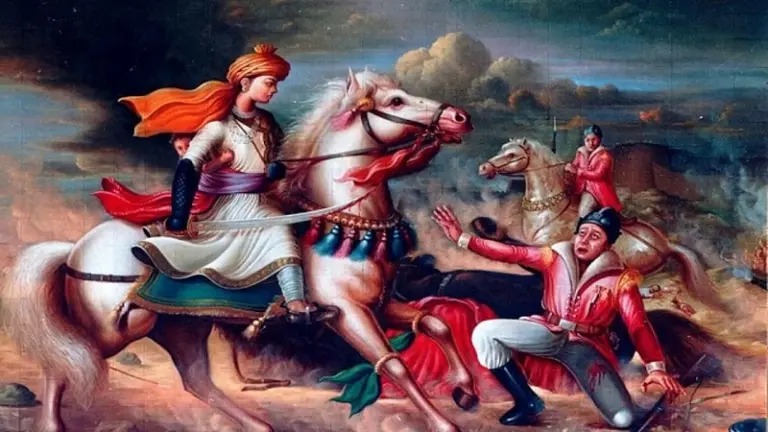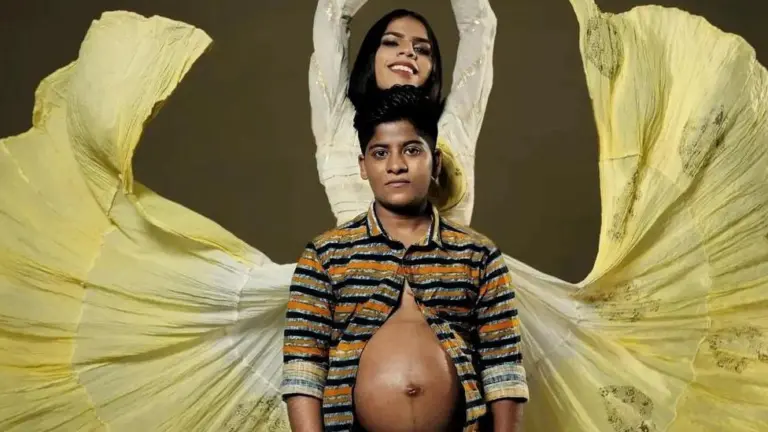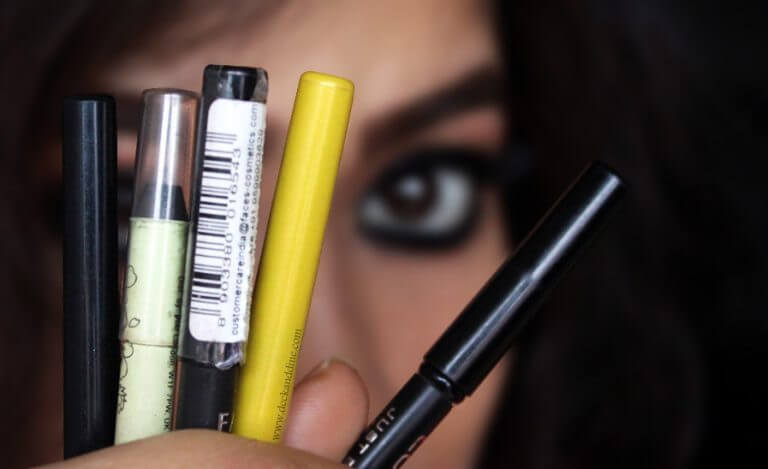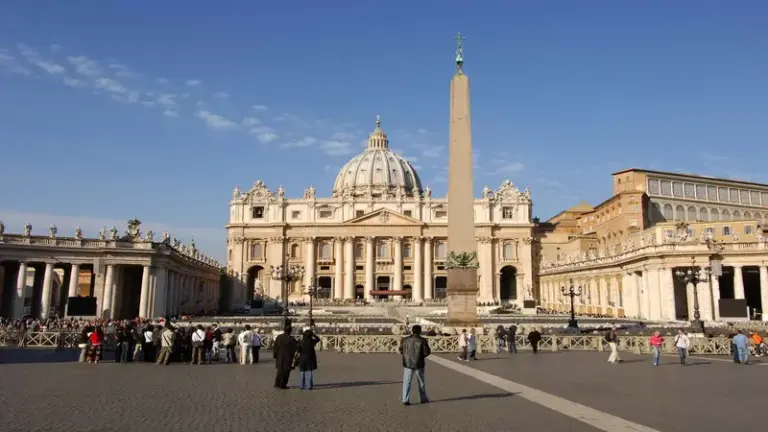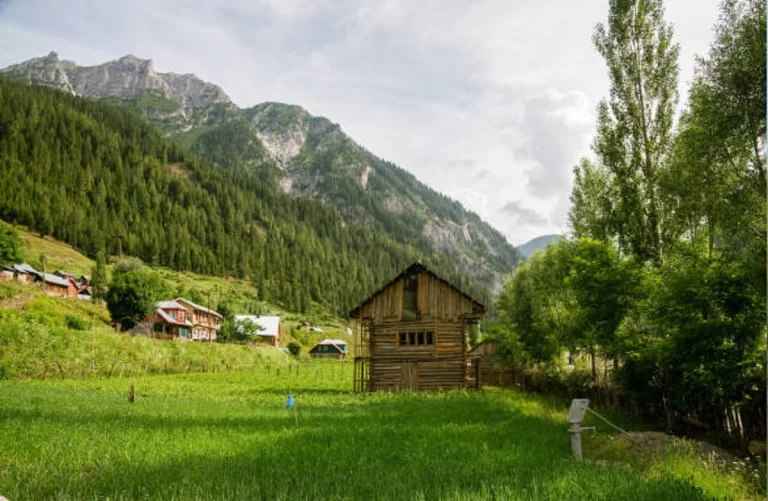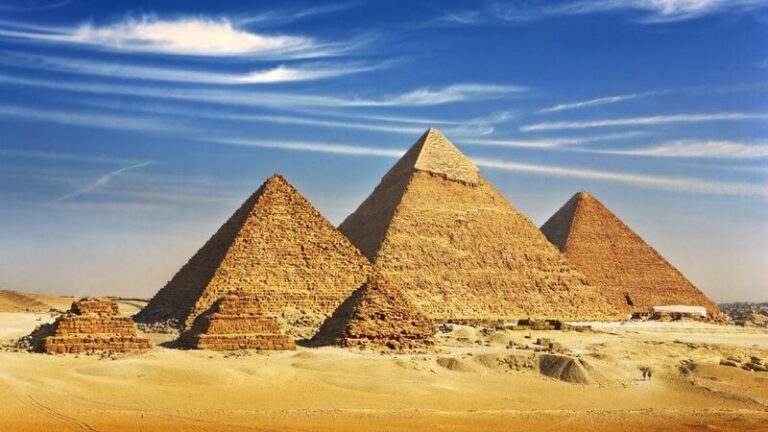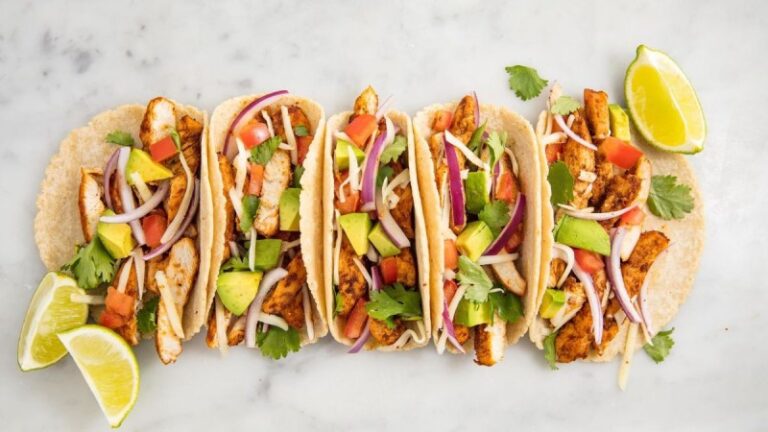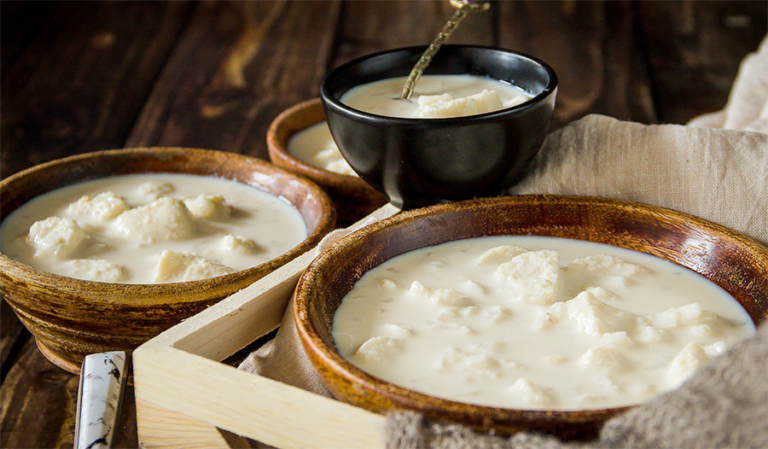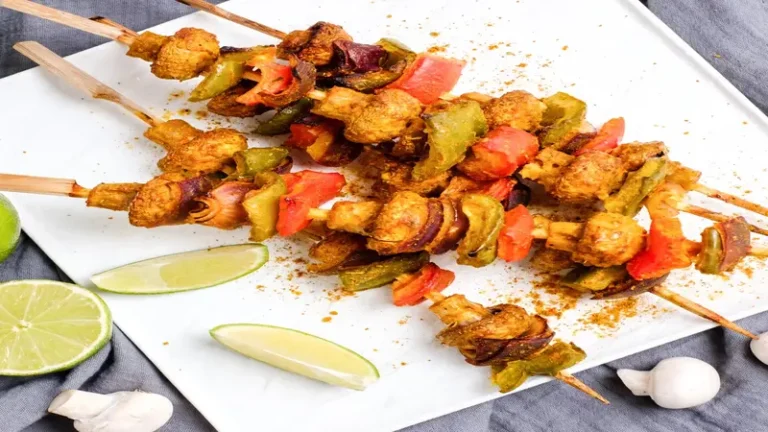What Mangal Pandey did in 1857?
In the middle of the 19th century, Barrackpore used to be a quiet military cantonment, 16 miles away from Calcutta. Most of the Indian soldiers in Eastern India were stationed here and the residence of the British Governor General was also here. In the beginning of 1857, no one could have imagined that the first bugle of rebellion against the British would be sounded from this cantonment itself. March 29, 1857 was a Sunday. But the peace of Sunday afternoon was disturbed by a soldier Mangal Pandey.

Famous historian Rudranshu Mukherjee writes in his book ‘Dateline 1857 Revolt Against the Raj’, ‘At that time Mangal Pandey was wearing the coat of his regiment but he was wearing dhoti instead of trousers. He was barefoot and had a loaded gun. She shouted and abusing the soldiers who had reached there, said, Firangi is here. Why are you not getting ready? We will become unrighteous by just biting these bullets. Stand up for the sake of religion. You instigated me to do all this but now you are not supporting me.

New rifle cartridges became the reason for the rebellion
The reason for Mangal Pandey’s rebellious attitude was the bullets used in the enfield P-53 rifles in the British Army. Before 1856, Indian soldiers used a gun named Brown Bees.
A rumor spread among the Indian soldiers that the fat of cow and pig was used in the cartridges used in these rifles. The soldiers believed that this hurt their religious sentiments.
It had also become a common opinion among the Indian soldiers that the British had deliberately done this to humiliate the Indian soldiers. There was another story behind this as well.
Lt. J. A. Wright had mentioned this while testifying in Mangal Pandey’s trial, ‘Once a low caste Khalasi expressed his desire to drink water from a Brahmin soldier’s pot. That soldier refused to give him water saying that it would contaminate his lota. To this the low caste man replied, soon your caste will cease to exist because you will have to cut cartridges made of pig and cow fat. Soon the news spread like fire that the government was determined to corrupt their caste and religion.

The soldiers refused to use the new cartridges
On February 2, 1857, during the evening parade at Barrackpore, soldiers of the Second Native Infantry expressed their disapproval of the cartridges being used for the infield rifles.
While reporting this to the white officers, the loyal soldiers informed them that the Indian soldiers were planning to meet and kill the British officers in the night. The most serious protest came from the soldiers of 19 Native Infantry stationed at Burhanpur.
When they refused to use the new cartridges, the British had to call their artillery to control their protest.
In those days, these soldiers burnt a telegraph office in Barrackpore and flaming arrows were fired at the houses of British officers.
JWK wrote in his book ‘The History of the Sepoy War’, ‘Perhaps it was also related to the popular rumor at that time that a hundred years after the Battle of Plassey i.e. in 1857, the British Raj would end in India. ‘

Mangal Pandey fired the first shot at Lt. Bo
Mangal Pandey joined the East India Company’s Bengal army in 1849 at the age of 22. Between March 15 and 27, Mangal Pandey worshiped Hanuman and Shiva continuously.
On March 29, at 5.10 pm, as soon as Mangal Pandey started the ruckus, Lt. BH Bo reached the parade ground.
Mangal Pandey fired at him as soon as he saw it, which hit his horse’s leg. The horse fell and Dharashai Bo fired at Mangal Pandey while standing, which did not hit him. Sergeant Major Hewson also came behind Bow.

PGO Taylor wrote in his book ‘What Really Happened During the Mutiny’, ‘Looking at the situation, both Hewson and Bow took out their swords. Apart from swords, he also had his pistols. Mangal Pandey attacked both Bo and Hewson with his sword. All the Indian soldiers present there kept watching this spectacle, none of them came to help the British officers except Sheikh Paltu. He grabbed Mangal Pandey’s waist from behind. The result was that both the British officers managed to escape.

Indian soldiers also pushed the British officer
Later, Hewson testified, ‘Mangal Pandey’s attack did not hit me with full force. The result was that I got a scratch. Lt. Bo became the target of Mangal’s direct attack. His jacket was soaked in blood. But in the meantime a constable stepped forward and gave me one or two blows on my back with a gun, which caused me to fall down.
I could not recognize the soldier but I could see that he was wearing the regimental uniform. As soon as I got up after falling, I grabbed the collar of Mangal’s coat with my left hand. I struck him many times with my sword. He also fired a sword at me and I fell down after getting injured. Mangal used his left hand to push us and used his right hand to attack us.

Mangal pandey shot himself
Meanwhile, Colonel SG Weller, commanding officer of 34 Native Infantry also reached the spot. He asked the soldiers present there to arrest Mangal Pandey but he refused to do so.
Rudranshu Mukherjee writes, ‘Later Weller testified that I was feeling compelled. At the same time, the commanding officer of the division, Major General Hearse also reached there with his two sons. When Hearse was moving towards Mangal Pandey, someone shouted that he had a loaded gun. When his eldest son warned him that he was targeting you, Hearse said, John, if I die, you go ahead and finish that man.’
Meanwhile, Hearse arrived at the quarter guard waving his pistol and ordered him to listen to me. If any soldier does not march on my order, I will shoot him at the same time. This time his order was not violated, but as soon as all the soldiers moved towards Mangal Pandey, he pressed the horse of the gun with his toe by pointing the barrel of his gun towards his chest.
The bullet went out injuring his chest, shoulder and neck and his coat caught fire. Mangal fell down on his stomach. A Sikh soldier took out his bloody sword from under his body. Mangal was immediately arrested and sent to the hospital.

Promotion of Sheikh Paltu
Sheikh Paltu had caught Mangal from behind but he failed to hold his hand. Once when he tried to do so, Mangal hurt him with his elbow.
Paltu was promoted even before the court martial of Mangal Pandey began.
During the trial, Mangal Pandey accepted that he had no accomplice in this whole matter.
On the question whether he was drunk while firing, Mangal said that he has been consuming cannabis and opium for some time.
He said, ‘I don’t know whom I have killed and whom not.’

Mangal Pandey was hanged
In those days, attacking a white officer was like signing one’s own death warrant.
Sepoy number 1446 Mangal Pandey was sentenced to death for this and was hanged on April 8, 1857 at half past five in the morning in front of his soldiers. No question was asked to any British officer about his conduct.
First, the date of Mangal’s execution was fixed for April 18, but the British felt that this rebellion might not spread to other areas, so they hanged Mangal ten days in advance. Mangal Pandey was the first Indian to die in the 1857 rebellion.

Jamadar Ishwari Prasad was also hanged
Rudranshu Mukherjee writes, ‘Even if there is no conspiracy behind this, it cannot be denied that apart from Sheikh Paltu, no Indian soldier came forward to help the British officers and stop Mangal Pandey, while he was At that time around 400 soldiers were directly watching this incident.
When Sergeant Major asked Jamadar Ishwari Prasad present there why Mangal has not been arrested yet, his answer was, what can I do, I was helpless. Many meanings can be applied to this statement of his. Number one that they were also involved in this scheme. Secondly, he wanted all the white officers to reach the spot and thirdly, he knew that Mangal Pandey had the support of the rest of the soldiers and it would not be easy to control him. The British did not accept his plea of helplessness and he too was hanged on April 21, 1857.

Support of fellow soldiers to Mangal Pandey
The possibility cannot be ruled out that Mangal Pandey had the support of the Indian soldiers present there. A large number of soldiers were present there, but none of them came forward to help the British in the name of maintaining discipline.
Amresh Mishra writes in his book ‘Mangal Pandey: The True Story of an Indian Revolutionary’, ‘Indian soldiers may not have revolted openly but their collective passivity shows that they had created a mood of protest and disobedience. This work of his can be taken to mean that whatever Mangal Pandey was doing, he had his full support. When hearse asked them if you are afraid of loaded gun they all remained silent. It should also not be forgotten that an unknown soldier had hit Hewson with the butt of his gun.

34th redemption was broken as a punishment
A month later, this gesture of disagreement and hatred was reflected in the form of mutiny in many military cantonments of North India and the British soldiers started addressing the rebel soldiers with Mangal Pandey’s caste name ‘Pandies’.
Mourning was celebrated on the death of Mangal Pandey from Calcutta to Patna and in the entire Gangetic region.

Mangal Pandey’s friend Naqi Ali went to his village and handed over his ashes to his mother after the rebellion in Meerut on 10th May.
Later, when Mangal Pandey’s 34th Regiment was disbanded in April, 1857 as a collective punishment, all his soldiers crushed them by throwing their caps on the ground in protest before leaving the parade ground.

